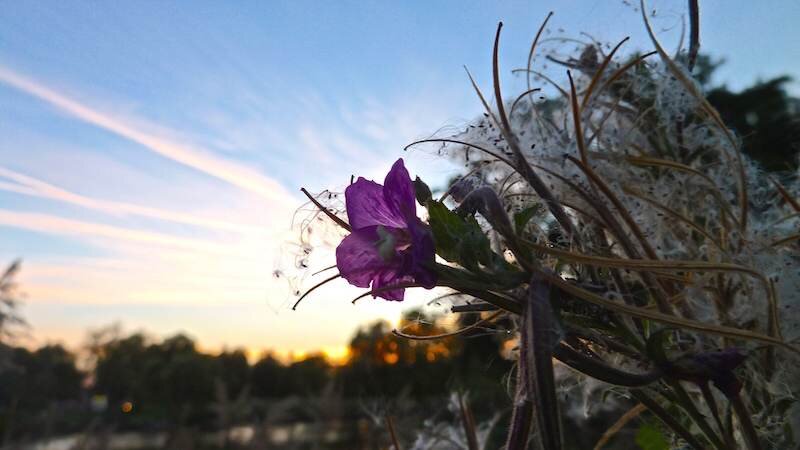Clapham Common contains three ponds, two of which are historical features (as well as a more modern paddling pool, oddly known as Cock Pond). Eagle Pond and Mount Pond are used for angling and contain a variety of species including carp to 20 lb, roach, tench and bream. Eagle Pond was extensively refurbished in 2002 when it was completely drained, landscaped and replanted to provide a better habitat for the fish it contained. Long Pond has a century-old tradition of use for model boating.
Tim Lambert, in his detailed A Brief History of Clapham, explains that the ponds began as gravel pits, and were named after local inns:
Cock Pond is named after an inn called the Cock, which is now the Frog and Forget-me-not. Eagle Pond may be named after a building called Eagle House, which was built nearby about 1820. (It got its name from decorative eagles on its gate pillars). Mount Pond probably got its name from a mound of earth that once stood nearby).
There is also some evidence that prehistoric burial mounds or barrows may once have existed near the present day Mount Pond. In the mid 1700's there was a Royal Artillery battery encampment here too, likely for military exercises.
Benjamin Franklin used the ponds for scientific experiments, and developed a "magic" trick. Walter Gratzer, in his book Eurekas and Euphorias: The Oxford Book of Scientific Anecdotes retells how, while traveling on a ship, Franklin had observed that the wake of a ship was diminished when the cooks scuttled their greasy water:
Franklin some time later also observed a striking effect of oil on the surface of water in the bottom of a lamp that he hung in his cabin at sea. The promised experiment was carried out in London on the Round Pond on Clapham Common:
“At length being at CLAPHAM where there is, on the common, a large pond, which I observed one day very rough with the wind, I fetched out a cruet of oil, and drop a little of it on the water. I saw it spread itself with surprising swiftness on the surface […] the oil, though not more than a tea-spoonful, produced an instant calm over a space of several yards square, which spread amazingly, and extended itself gradually till it reached the lee side, making all that quarter of the pond, perhaps half an acre, as smooth as a looking glass.”
Franklin later used the trick to "calm the waters" by carrying "a little oil in the hollow joint of my cane".




